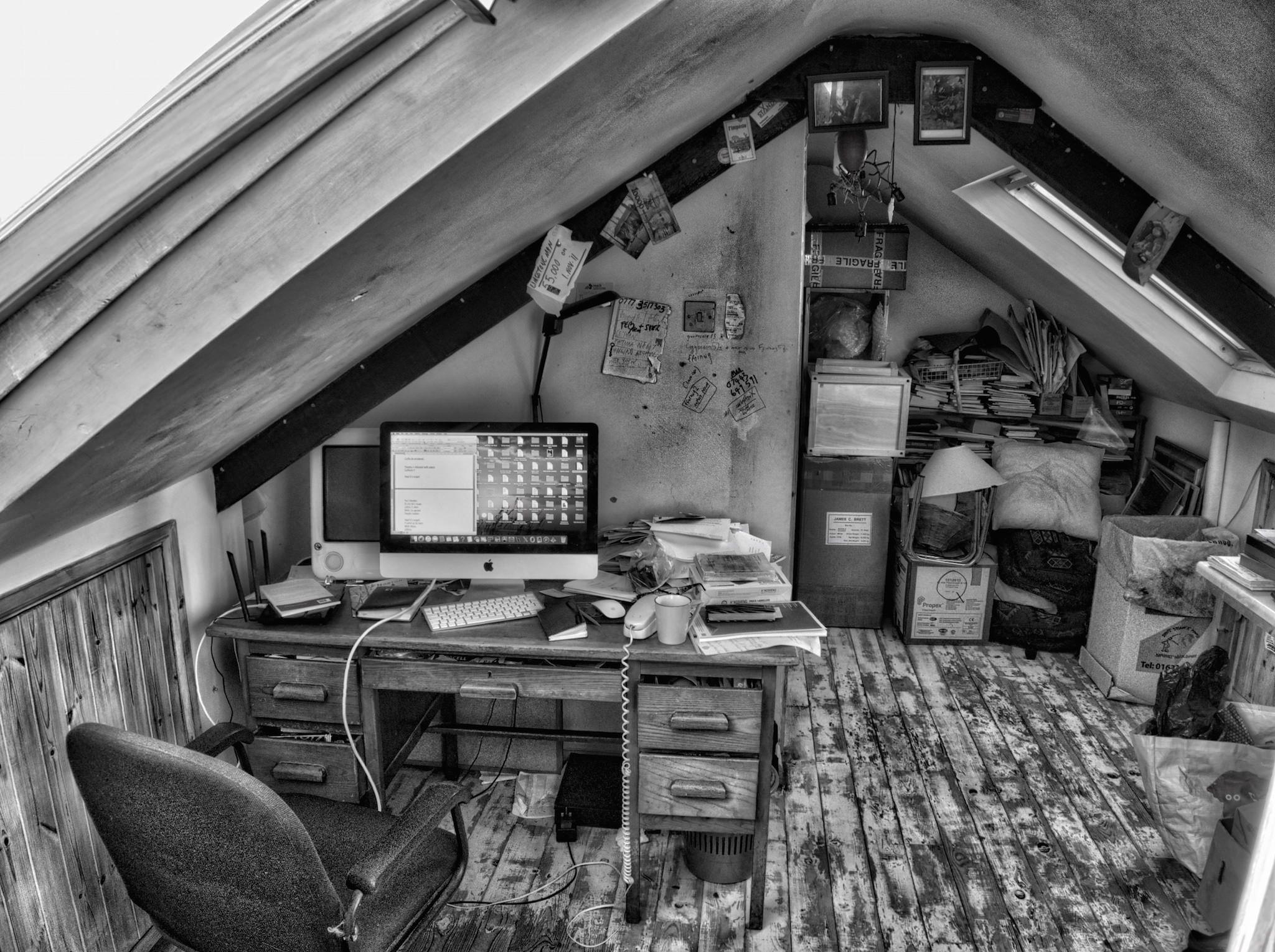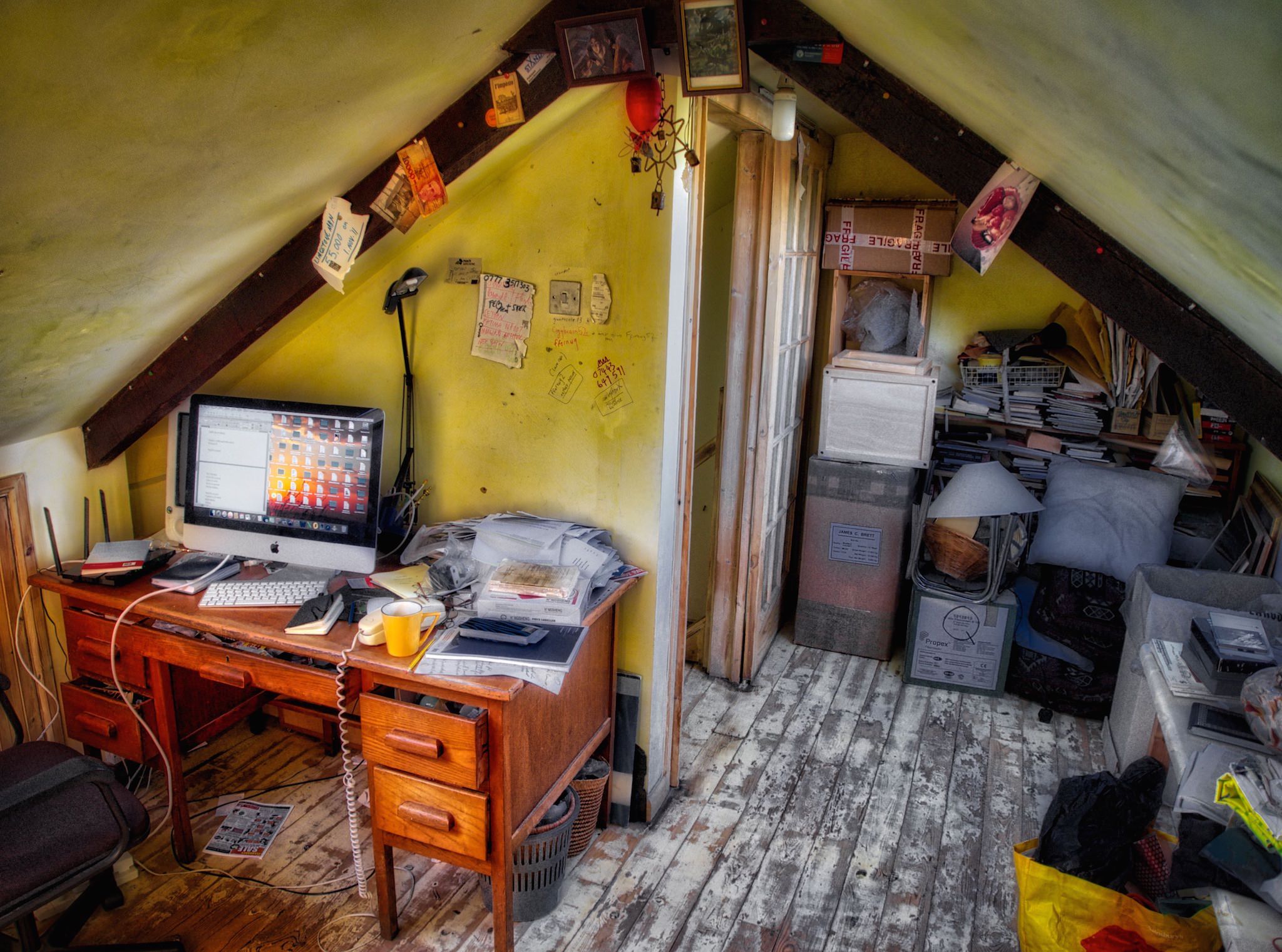Utopia Street’ is a proposed long prose work by Robert Minhinnick. Here, he described two excerpts, published in issue 4 of ‘The Lonely Crowd’ literary magazine, in May 2016. It will be followed by linked essays on ‘Cog y Brain’ and ‘Solar:from Park Avenue to Solcer House to Masdar City’.
This work references climate change and mass migration without attributing causes. The whole is fiction, fragmentary, unscientific, and features characters inhabiting the duneland of Swansea Bay. There are few crowds, many individuals.
The main participants are twins. Cai feels himself overshadowed by his resourceful sister, yet capable of heroism. Ffresni (Ffrez) shows authority, and is also a musician who records the ‘natural’ world.
Utopia Street includes extracts from an ‘archive’ of writings about Sicily, Iraq and the ‘Persian Gulf’. This is the work of ‘the Old Man’, the twins’ grandfather, who spends his days watching a film he once made in Babylon, searching for an image he remembers. This will “explain everything”.
The archive includes notes he made while at ‘Festival Island’ in the Persian Gulf. The Old Man spent a year there, paid in ‘solar dirhams’ (solari) until repelled by its ‘solar fascism’. But whatever reputation he once had is compromised. A new generation has turned against artists who accepted the munificence of that island emirate. A young PhD student has denounced him.
‘Festival Island’ is fictional but based on Saadiyat and Zaya Nurai, off Abu Dhabi. ‘Mazdar City’, now under construction, is another influence. According to its publicity it is “a dhow-shaped island in a solar sea”. Nearby Yas Island in reality incorporates ‘Ferrari Land’ and similar concepts. Indeed, the Arabian Gulf is rich in islands, natural, man-made or in process of volcanic creation.
Utopia Street developed from ‘Mouth to Mouth: a Recitation Between Two Rivers’, a long poem that might appear as ‘a book within a book’ in a collection from Carcanet. Also, ‘Letters from the Future’ (available on this site), by a host of authors, is part of its genesis.
Utopia Street comprises a series of linked short stories, also featuring Elmet, Sparkle, and several ‘east Europeans’. They live in an abandoned farm, finding refuge in flood-damaged houses.
New arrivals in the group are other young women and an older man called Shader, based on the Glyn Jones’s ‘Seven Keys to Shaderdom’. Elmet’s past in Bristol, his Somali heritage, and his arrival in the dunes, await development.
Where these people live is subject to both flooding and drought. Meanwhile, the Old Man’s archive includes his letters from ‘Festival Island’, saved by Ffrez. As he has malaria (as do others in Utopia Street) it is difficult to ascertain everything he writes.
What occur are descriptions of ‘The Works’, based on ‘Port Talbot steelworks’, for me spectacular from the outside, sinister when within. A few scenes derive from camps in Calais and the US/Mexico border, but all the characters have to live as ‘scavengers’, ‘beachcombers’, ‘trespassers’.
Particular imagery concerns surveillance, especially by drones. There is pursuit but this might be by horseback as much as modern means. And pursuit by whom?
However, I don’t find the use of mobile phones/cameras /internet easy in fiction. I’m moved more by evidence of old technologies. That’s why I wrote about derelict areas of ‘The Works’ in Limestone Man (Seren, 2015), and why Ffrez becomes frustrated with the Net when she gains access:
“Now, if I press a switch, she thought, it will reveal sites like ruined temples. Which gods were worshipped there? What foolishness pursued?”
Realistically, this project might never be ‘completed’. Yet I thank ‘Literature Across Frontiers’ for the opportunity to visit the Abu Dhabi Book Fair, April/May2016, which allowed me to work on Utopia Street and other writings.








